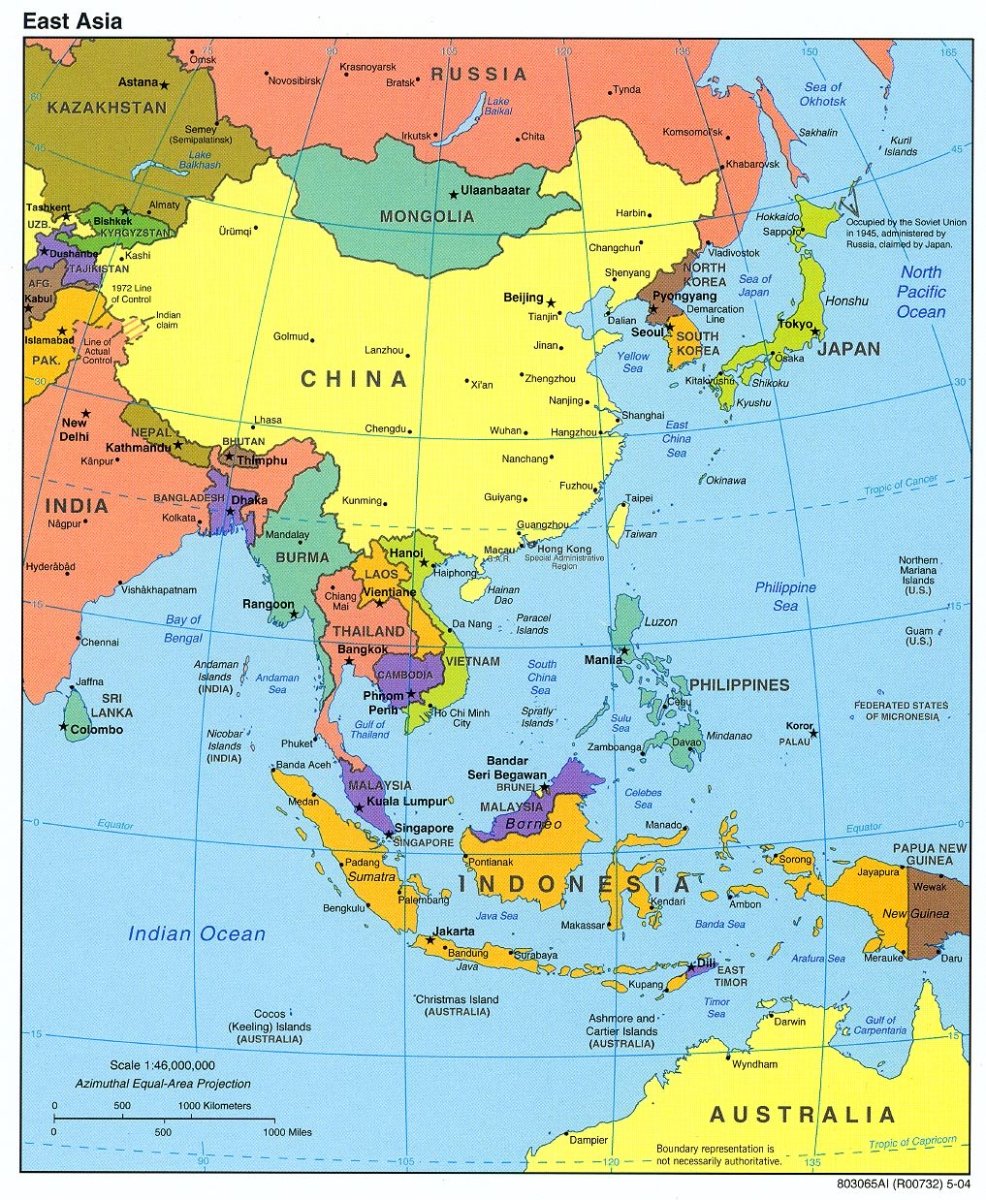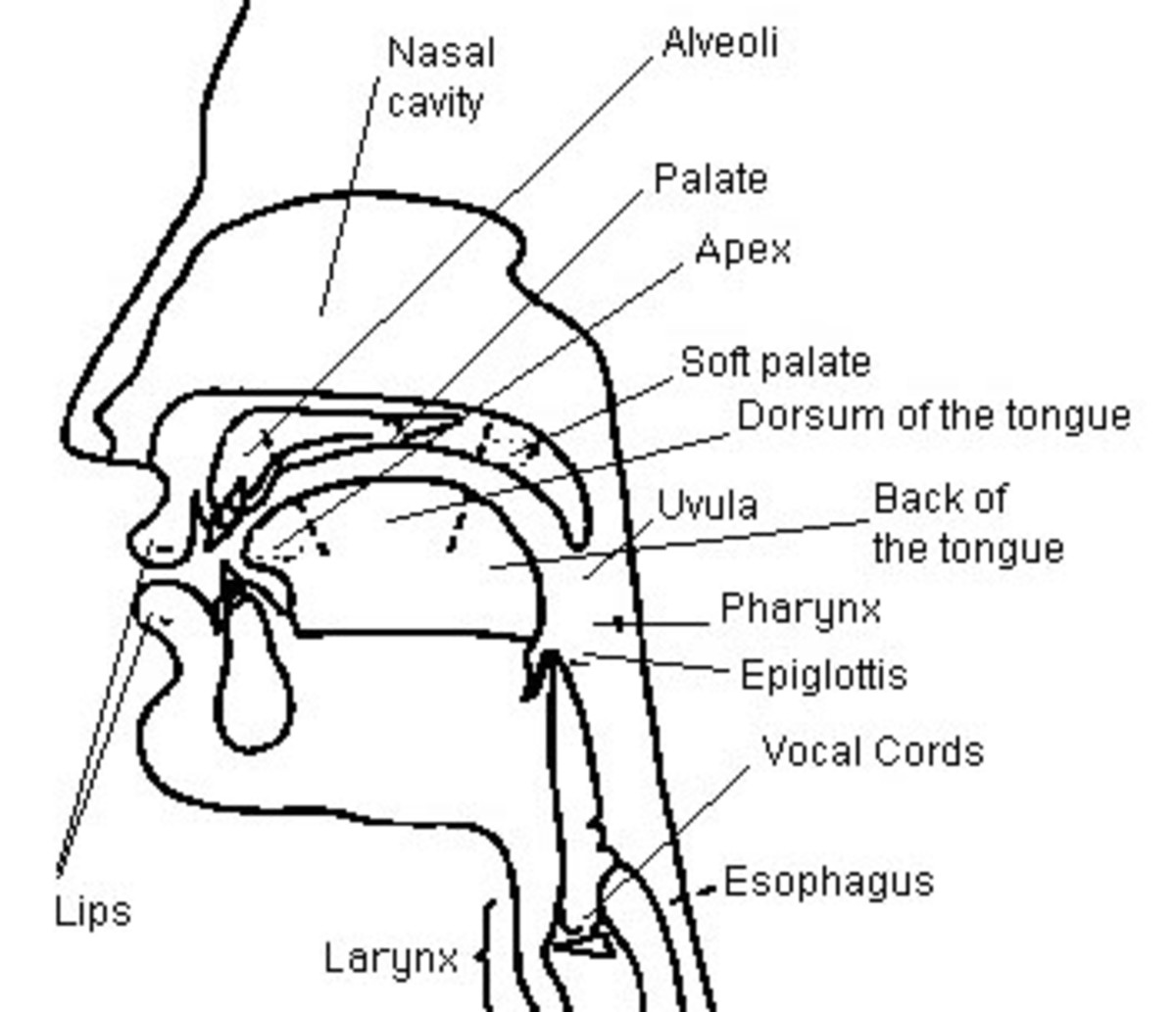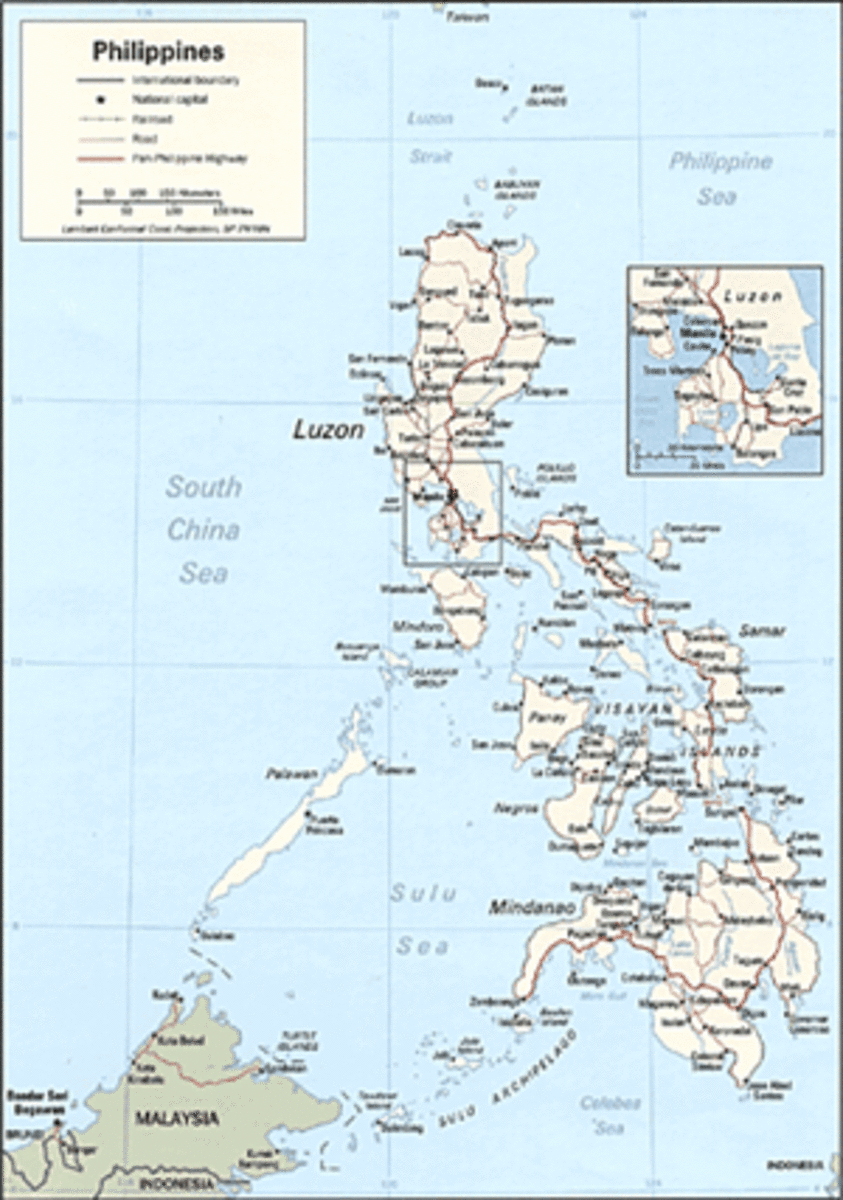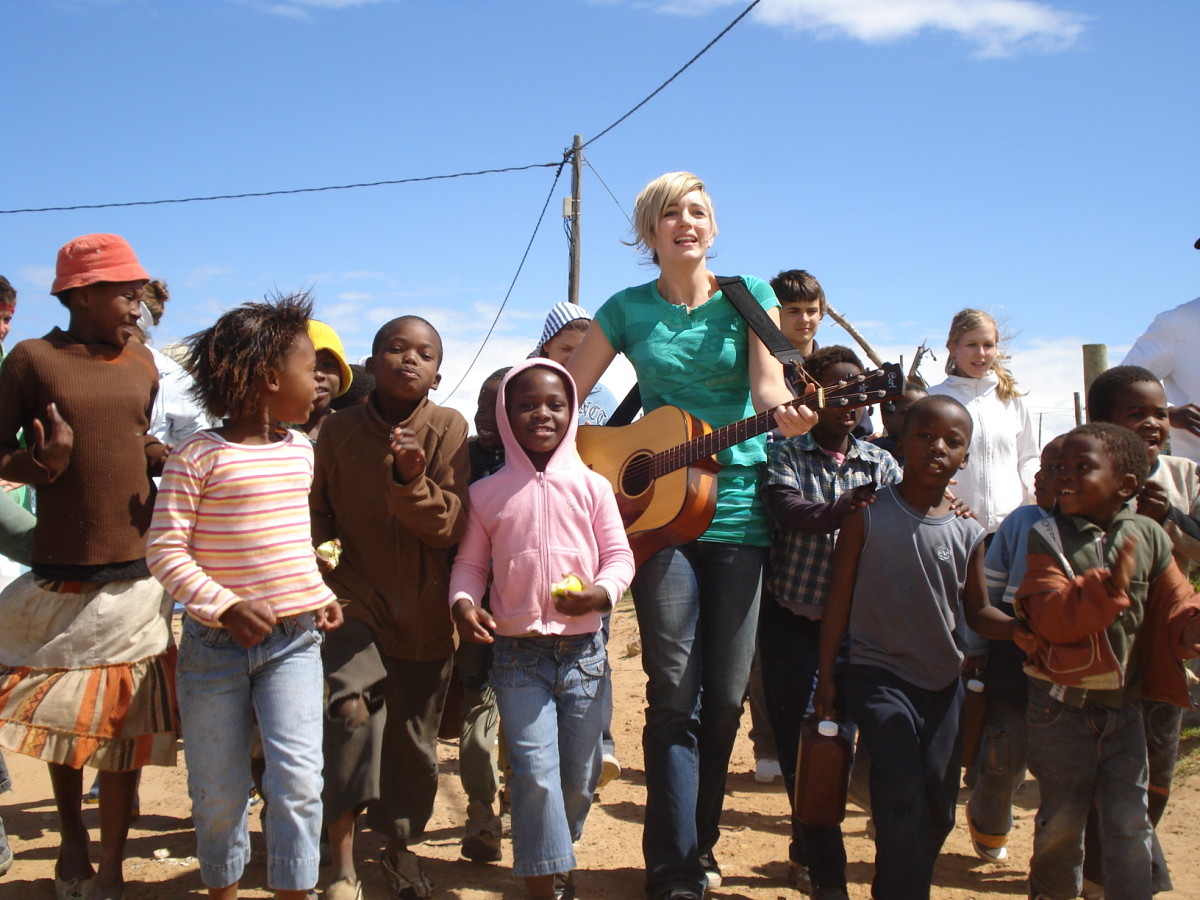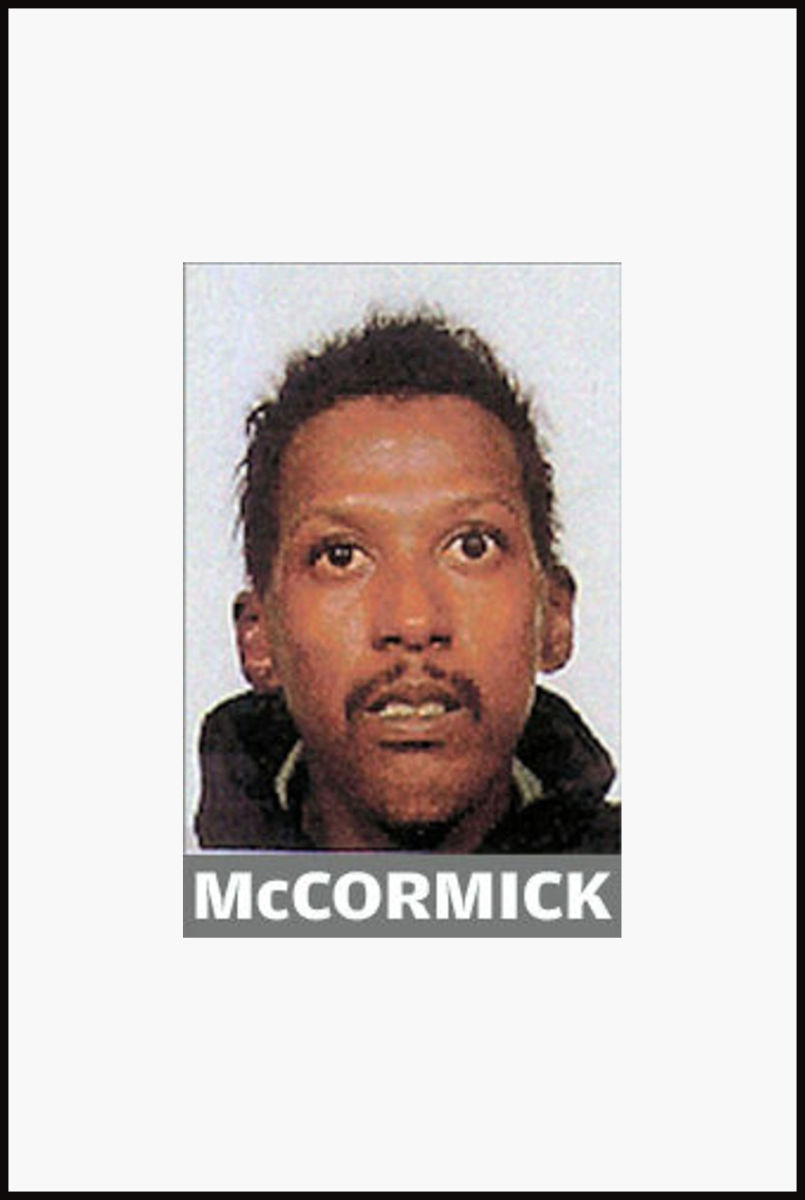Spoken Languages of the World- by numbers of speakers.
Universal languages


Languages of the World
Ever wonder about all the global confusion?
More than 6,900 different languages spoken around the world.
The greater the population grows the less chance of ever having one universal language. Confusion reigns supreme.
According to the continuous Population clock, at this time (11:30pm, May 16, 2011) the population of the United States is: 311,361,003, and the world population is: 6,918,684,282. The numbers below have changed (increased) significantly since i wrote this report. I have added a link below for the Census Bureau Home Page in case there is any question about these figures (populations).
These are the major languages spoken around the world, and the estimated number of native speakers for each of the languages listed:
MORE THAN 100 MILLION NATIVE SPEAKERS:
- Mandarin (Chinese, Sino-Tibetan) all dialects = 1,200+ million . One of the six official languages of the United Nations.
- Spanish: (Castilian=Indo-European, Romance) all dialects = 500+ million. One of the six official languages of the United Nations.
- English: (Indo-European, Germanic). 1.8+ billion total (first, second, and foreign language spoken). One of the six official languages of the United Nations.
- Hindi-Urdu (Hindustani=Indo-European, Indic) all dialects = 490+ million.
- Arabic: (Afro-Asiatic, Semitic) all dialects = 500+ million. One of the six official languages of the United Nations.
- Bengali (Indo-European, Indic) all dialects = 250 million.
- Portuguese. 250+ million native
- Russian: 250+ million. One of the six official languages of the United Nations.
- Japanese: 123+ million.
- Punjabi (all dialects). 109 million
50 TO 100 MILLION NATIVE SPEAKERS:
11. German: 118+ million
12 Javanese: 85+ million
13. Wu (Shanghainese) 90+ million
14. Telugu: 75+ million
15. Marathi: 72+ million
16. French: 200+ million (native and second languages). One of the six official languages of the United Nations.
17. Vietnamese: 86+ million
18. Korean: 72+ million
19. Tamil: 74+ million
20. Yue (Cantonese): 70+ million
21. Turkish: 83+ million
22. Pashto: 60+ million
23. Italian: 55+ million
30 TO 50 MILLION NATIVE SPEAKERS:
Min Nan (Taiwanese); Gujarati; Polish, Persian, Bhojpuri, Awadhi, Ukrainian, Malay (malaysian-indonesian), Xiang (Hunanese), Malayalam, Kannada, Maithili, Sundanese, Bermese, Oriya, Marwari, Hakka.
10 TO 30 MILLION NATIVE SPEAKERS:
Thai, Hausa, Tagalog (Filipino), Romanian, Dutch, Gan, Sindhi, Azerbaijani, Uzbek, Lau-Isan, Yoruba, Igbo, Northern Berber, Amharic, Oromo, Assamese, Kurdish, Serbo-Croatian (Bosnian-Croatian-Serbian), Cebuano, Sinhalese, Rangpuri, Malagasy, Khmer, Zhuang, Sotho-Tswana, Nepali, Rwanda-Rundi, Somali, Madurese, Greek, Fula (Fulani, Fulfulde, Pulaar), Hungarian, Catalan (Valencian), Bulgarian-Macedonian, Shona, Zulu, Min Bei.
5 TO 10 MILLION NATIVE SPEAKERS:
Czech, Min Dong (Fuzhou), Lombard, Uyghur, Chewa (Nyanja), Belarusian, Kazakh, Swedish, Akan (Twi, Fante), Makuwa (Lomwe), Tatar-Bashkir, Xhosa, Haitian, Albanian, Gikuyu, Neapolitan (Calabrese), Hokano, Balochi, Southern Quechua, Batak, Turkmen, Mossi-Dagomba, Armenian, Sukuma-Nyamwezi, Tshiluba (Luba-Kasai), Santali, Venetian, Kongo, Hiligaynon, Tigrinya, Mongolian, Bhili (Wagdi, etc.), Danish, Minangkabau, Kashmiri, Hebrew, Finnish, Slovak, Afrikaans, Guarani.
3 TO 5 MILLION NATIVE SPEAKERS:
Mandingo (Maninka), Sicilian, Norwegian, Bikol, Bambara (Malinke, Jula), Dholuo (Luo proper), Georgian, Kanuri (Kanembu), Wolof, Ganda (Luganda), Umbundu (South Mbundu), Kamba, Dogri (Kangri), Tsonga, Konkani, Bemba, Buginese, Efik (lbibio-Efik), Acehnese, Balinese, Mazanderani-Gilaki, Shan, Lithuanian, Galician, Janaican Creole, Ewe, Piemonteis, Kimbundu (North Mbundu), Kyrgyz.
2 TO 8 MILLION NATIVE SPEAKERS:
Hmong (China), Yi (People's Republic of China), Luyia (Kenya), Ometo (Ethiopia), Karen (Myanmar, Thailand, India), Senoufo (Niger-Congo), Baoule (Niger-Congo, Kwa).
OTHER LANGUAGES FREQUENTLY CITED AS HAVING MORE THAN 3 MILLION SPEAKERS:
Chinese Sign Language, Indo-Pakistani Sign Language, Lingala (Niger-congo, Bantu), Swahili (Niger-Congo, Bantu), Central Tibetan, Yiddish (Indo-European, Germanic).
10 OR FEWER NATIVE SPEAKERS:
NIu (S.Africa), Itonama (Bolivia), Kayardild (Australia), Kusunda (Nepal), Ume Sami (Ume River), Puelche (Argentina) , Muniche (Peru), Ayapaneco (Mexico), Tinigua (Colombia), Ter Sami (Russia), Taushiro (Peru), Yagan (Chile).
NUMBER OF LANGUAGES:
The total number of contemporary languages in the world is not known. Estimates vary depending on the extent and means of the research intended to discover them, the definition of a distinct language and the current state of knowledge concerning the identities and vital statistics of the various peoples of the earth. Even the number of languages that are known varies as some of them become extinct or are newly discovered within the lifetimes of the active investigators.
One of the most active research agencies is SIL International, which maintains a database, Ethnologue, kept up-to-date by the contributions of linguists globally. Its 2005 count of the number of languages in its database, excluding duplicates in different countries, is 6912, of which 32.8% (2269) are in Asia and 30.3% (2092) are in Africa.[3] This contemporary tally must be regarded as a variable number within a range. Michael E. Krauss reported in 2007:[1] "The worldwide total figure I have been using is 6000 extant languages, a nice round figure that happens to be one millionth of the human population, a kind of middle figure ...." (courtesy of Wikipedia).
I have added some links below regarding the U.S. and world population, Names of the Languages of the world, Ethnologue of languages of the World, and other interesting facts, if you care to peruse them.
It is little wonder that there is so much confusion, misunderstandings, suspicions and distrust between nations, with such a vast number of languages spoken, their connotations, their translation difficulties, societal belief systems, various types of governments and religious beliefs. The number of bilingual people is miniscule in comparison to the number of languages, their dialects, and problems with translations from one language to another.
Each society is an entity unto itself, with little knowledge of the outside world for many of them. Although, with the rise in technology, and the internet, the world is becoming a smaller place, and allowing for the introduction of some of these many races, cultures, languages, belief systems to the general populace. The diversity among the human race, is as vast and profound as the diversity of plants, the animal kingdom, and the universe itself.
with all these people to learn about, it is a shame that we spend so much time fighting amongst ourselves, instead of learning about the things we know little or nothing about. And the ignorance to believe that what we are, what we know, what we believe in, is the one and only true way of life. Aaaah, the very ignorance and arrogance of mankind.
I truly believe that the greatest quest that humanity can embark on, is not the quest for money, power, control or fame, but simply for the quest for knowledge. Knowledge is power in all aspects of the concepts of both. Intelligent people do not wage wars, do not brainwash their children, do not seek power over others as their ultimate goal, do not seek to amass material wealth that they can never use in its entirety in this lifetime, and they do not hate diversity, but rather embrace all things as being part of the same whole. This concept is the true meaning of happiness throughout this lifetime.
I am always amazed at learning new things, and live by the credo that: the more i learn, the more i realize how much i do not know.
by: d.william 05/16/2011
- Ethnologue, Languages of the World
Home page of ethnologue.com, a searchable database of language resources. - SIL International: Partners in Language Development
- The World/U.S. Census Speaks for Itself. A Change i...
Conservatists are desperately fighting progress. Change is gonna come. Like it or not. There is no doubt about this title !! Here is something the conservatives can not stop- unless of course...

